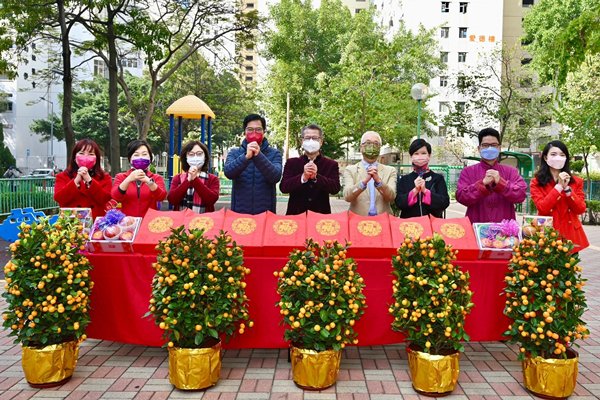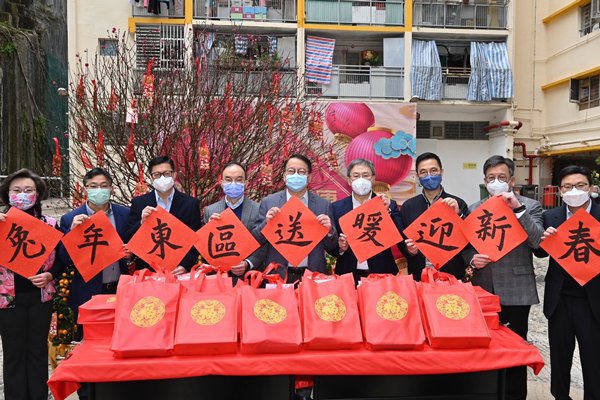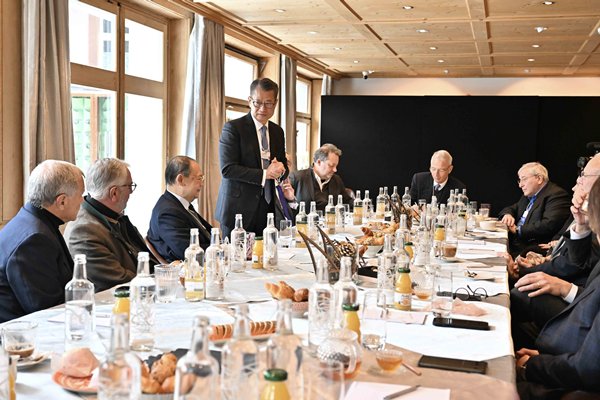--
Alphabetical Index
依字母搜索
Latest Business News
最新商業資訊
Govt shares festive joy with citizens 22-1-2023

The Chinese New Year Home Visit Programme co-ordinated by the Home Affairs Department continued today with principal offi...
Principal officials send blessings 21-1-2023

Principal officials of the Government will pay visits to grassroots families in different districts for three consecutive...
HK sees 2% inflation in Dec 20-1-2023

Overall consumer prices rose 2% in December 2022 year-on-year, a larger increase than 1.8% in November 2022, the Census &...
FS concludes trip in Davos 20-1-2023

Financial Secretary Paul Chan entered the last day of his visit to Davos in Switzerland yesterday for the ...